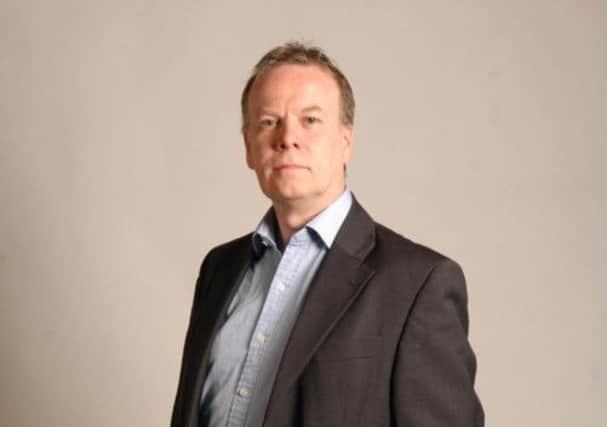Comment: Sleeper can take HS2 strain for less


Its biggest advantage is that it makes the most of a short visit to London, allowing for an evening’s work or dinner at either end and arrival in London and Scotland in time for breakfast, and without the need for costly cross-city connections.
Despite its civilised appeal, the service has already faced questions about its future and if HS2 goes ahead there will be further pressure on the public purse.
Advertisement
Hide AdAdvertisement
Hide AdBut why bother with hopes of extending the high-speed train to Scotland simply to shave a few minutes off the journey? Aside from justifying the brief time saved, it would command a fare pricing structure in order to repay the cost of building it, already £42.6 billion just for it to reach the north of England.
The sleeper loses money and will receive a £375 million taxpayers’ subsidy over 15 years or £25m a year. It’s still a substantial sum, but the service surely deserves greater marketing attention, and against the wider costs of the high speed link it is chicken feed. The Scottish and UK governments have grudgingly coughed up another £100m to upgrade the trains, but some of this has already been diverted into other infrastructure work, indicating a lack of commitment to improving the traveller’s experience.
A big problem remains the cost to the passenger. A ticket will cost less than £20 if you are prepared to sleep in your daywear and in a seat. Cabins are pricey and there is no option of a discount for booking early.
But the sleeper certainly provides some alternative attractions to flying. No taxi journeys out to airports, no long queues at check-in or security. Just walk straight on and straight off. There is no need for a hotel and there is a lounge in which to enjoy a relaxing drink or something to eat without being strapped into a seat for an hour.
Why anyone should think that saving a few minutes journey time is worth the cost of high speed travel is beyond economic sense and contradicts all those adverts about rail passengers kicking off their shoes and relaxing. Shouldn’t they be pounding their laptops while they travel? In any case, won’t high speed trains ever suffer from delays? Every other train does.
It was announced in the past week that three firms are competing to run the sleeper service for 15 years from April 2015: the incumbent FirstGroup, Arriva and Serco. Arriva is owned by DB, the German state railway company which operates the largest network of sleeper services in western Europe. Serco runs sleeper trains aimed at tourists in Australia.
Whoever wins should cherish it. So should the UK and Scottish governments which have on occasions quite shamefully threatened its future.
Tax online retailers and help save jobs in shops
Ocado boss Tim Steiner says online retailers like his should not be forced to share the burden of business rates with bricks and mortar shops. Of course, he would say that. But he’s wrong.
Advertisement
Hide AdAdvertisement
Hide AdIf the high street is to thrive it needs a level playing field and taxing online retailers is one way of helping to save it.
Alex Gourlay, who heads up Boots, says rates have to be cut. This is no longer just about the survival of shops, but of jobs in the biggest private sector employer of young people.